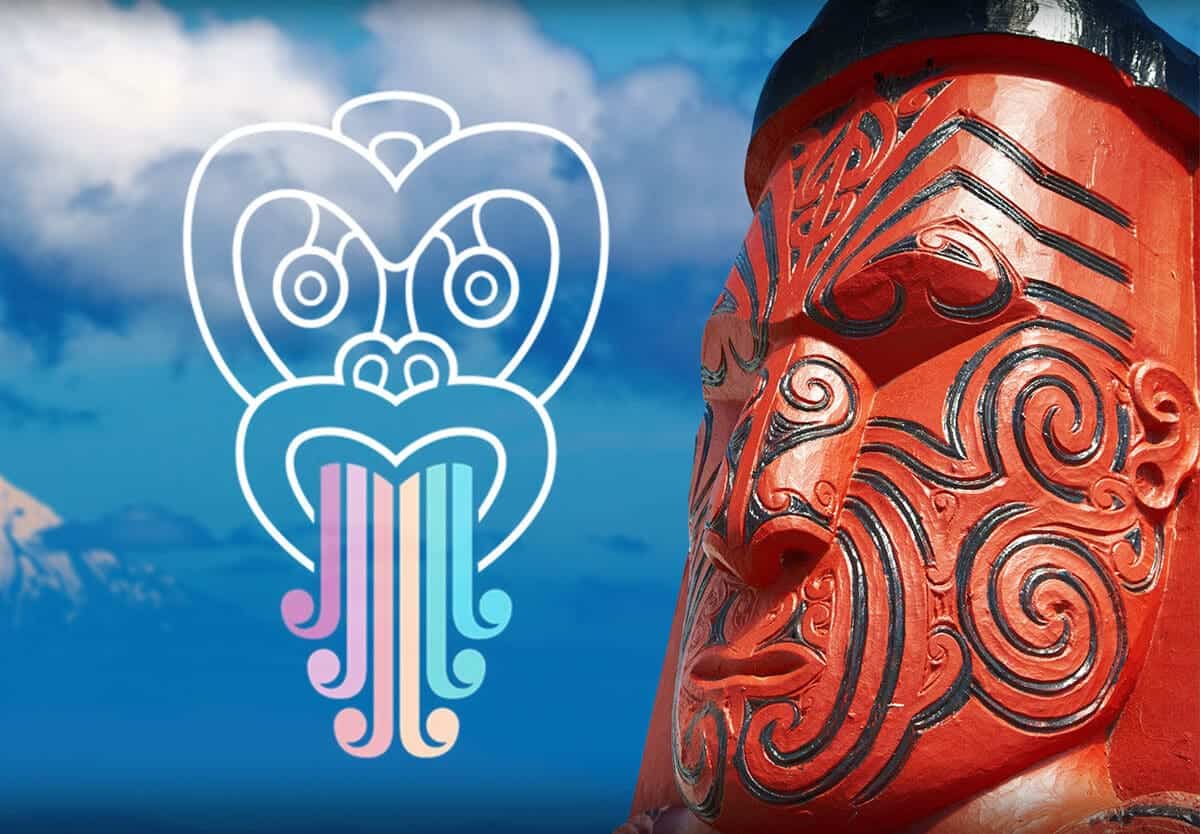Celebrating Maori Week: A Vibrant Guide for Families
Welcome, dear parents, to a week-long celebration of rich traditions, sparkling smiles, and cultural embrace! It’s time for Maori Week, a wonderful opportunity to introduce your family to the beautiful Maori culture of Aotearoa New Zealand. Whether you’re living in New Zealand or observing from afar, there’s plenty of joy and learning to be had. So let’s start this exciting adventure together!
What is Maori Week?
Maori Week, also known as Te Wiki o Te Reo Maori (Maori Language Week), is a time when New Zealand celebrates the Maori language and culture. It’s a colorful and meaningful week dedicated to raising awareness and encouraging the use of Te Reo Maori, the indigenous language of New Zealand. So why not take this chance to delve into a new cultural experience with your little ones? They’ll gain valuable insights and have heaps of fun along the way!
Why Celebrate Maori Week as a Family?
Immersing your family in Maori Week activities is not just about fostering appreciation for another culture—it’s about building bridges of understanding and community. As parents, you have the unique opportunity to lead by example, showing your children the importance of cultural diversity and mutual respect. Plus, it’s a fabulous avenue for family bonding through unique and engaging activities!
When is Maori Week?
Maori Week usually falls in September, but the specific dates can vary each year. Mark your calendars and plan ahead, so you can be ready to enjoy every moment of this cultural immersion!
How to Get Involved in Maori Week with Your Kids?
Learn Basic Te Reo Maori
Start with the basics! The Maori language is an essential part of the culture, and learning a few words or phrases can go a long way. Teach your kids greetings such as “Kia ora” (Hello), “Ka kite” (See you), and “Mauri ora” (Good health). There are fabulous resources online, including apps and websites designed for children and beginners.
Explore Maori Legends and Stories
Maori mythology is rich with legends, heroes, and magical creatures. Storytelling is a great way to engage children’s imaginations while imparting lessons and values. Look for children’s books or online resources that bring these tales to life.
Enjoy Maori Music and Dance
Dive into the rhythm of Maori music and learn about traditional instruments like the taonga puoro (treasured instruments). Encourage your children to move to the beat with the iconic “Haka”, a traditional war dance that is empowering and teaches discipline and coordination.
Get Crafty with Maori Art
Maori art is visually stunning, with intricate designs and symbolism. Organize a craft day to make simple Maori-inspired projects. Activities such as weaving and carving (safe for kids of course!) or even coloring traditional Maori patterns can be both fun and educational.
By making Maori Week an integral part of your family’s life, you’re embarking on a beautiful journey that cultivates respect, inclusiveness, and a shared love for a diverse world. So gear up for a week filled with festivities, learning, and most importantly, heartfelt family moments!
Next, we’ll dive deeper into the Maori Week celebrations, discovering even more exciting ways to involve your family. From tantalizing your taste buds with traditional foods to delving into the natural beauty of New Zealand’s landscapes, the journey is just beginning. Stay tuned, because Maori Week is about to become one of your family’s most cherished annual traditions!

5 Things Parents Should Know in Preparing for Maori Week
1. Embrace Te Reo Maori Together
Family involvement is key when it comes to learning a new language. Consider creating a family challenge to see who can learn the most Maori words and phrases throughout the week. Interactive online games, Maori language apps, and flashcards can be really helpful and fun for the whole family. Remember, practice makes perfect, and it’s the effort and participation that matter!
2. Plan Your Event Calendar
Maori Week is packed with events and activities, many of which are family-friendly. Check local listings and community boards for happenings in your area. If you’re not in New Zealand, virtual events can also be a great way to participate. To avoid a last-minute rush, plan which events you’d like to attend in advance and save the dates!
3. Prepare for Cultural Experiences
It’s a great idea to familiarize yourself with Maori customs and etiquette before attending events. Knowing how to greet someone in Te Reo, understanding the significance of the marae (Maori meeting grounds), and being aware of protocols can enrich your experience. Teach your children about respecting cultural norms so they can fully enjoy the immersive experience.
4. Incorporate Maori Cuisine
Food is a wonderful way to experience a culture. Research simple recipes that you can prepare with your children such as hangi (a traditional Maori method of cooking food using heated rocks buried in a pit oven) or fry bread. Not a cook? Look for Maori food events, or restaurants that offer traditional Maori dishes during Maori Week.
5. Dress the Part
Finally, why not embrace Maori Week by incorporating traditional clothing or accessories into your wardrobe? Wearing a pareu (a wraparound skirt), or a simple feather in your hair can show your support and participation. Encourage your kids to create their own Maori-inspired attire – it’s both an educational activity and a way to show respect and enthusiasm for the culture.
Preparing for Maori Week as a family doesn’t have to be daunting. With a little bit of planning and an open heart, you’ll find it to be an incredibly rewarding experience that your family will look forward to year after year. Dive deep into the richness of the Maori heritage and enjoy every moment of learning and celebration!
More Ways to Celebrate Maori Week
Participate in Local Community Projects
Many communities have projects during Maori Week that aim to preserve and enhance the environment, these can include tree planting, beach clean-ups, or restoration of local marae. By involving your family in these projects, you not only contribute to the community but also teach your children the values of kaitiakitanga (guardianship) and manaakitanga (hospitality and kindness).
Visit Cultural Heritage Sites
A trip to historical places, such as marae, museums, or art galleries, can provide a visual and tangible connection to the Maori culture. These venues often host special Maori Week exhibitions or tours which can be both informative and memorable for the whole family.
Attend Maori Language Classes or Workshops
Some organizations offer free or low-cost Te Reo Maori language workshops during Maori Week. This immersive experience is excellent for beginners and can be a wonderful activity for families to do together.
Watch Maori Films and Documentaries
Cinema is a compelling medium for storytelling and education. During Maori Week, look out for special screenings or television programming featuring Maori directors, actors, or themes. It’s an engaging way to learn about the culture while supporting Maori artists.
Embrace the spirit of Maori Week with excitement and an eager mind. Through each word learned, story told, craft made, and dance step practiced, your family is not only participating in a beautiful cultural event but is also contributing to the vibrancy and richness of the Maori legacy. Ka pai – well done!
See more great Things to Do with Kids in New Zealand here. For more information see here
Disclaimer
The articles available via our website provide general information only and we strongly urge readers to exercise caution and conduct their own thorough research and fact-checking. The information presented should not be taken as absolute truth, and, to the maximum extent permitted by law, we will not be held liable for any inaccuracies or errors in the content. It is essential for individuals to independently verify and validate the information before making any decisions or taking any actions based on the articles.




